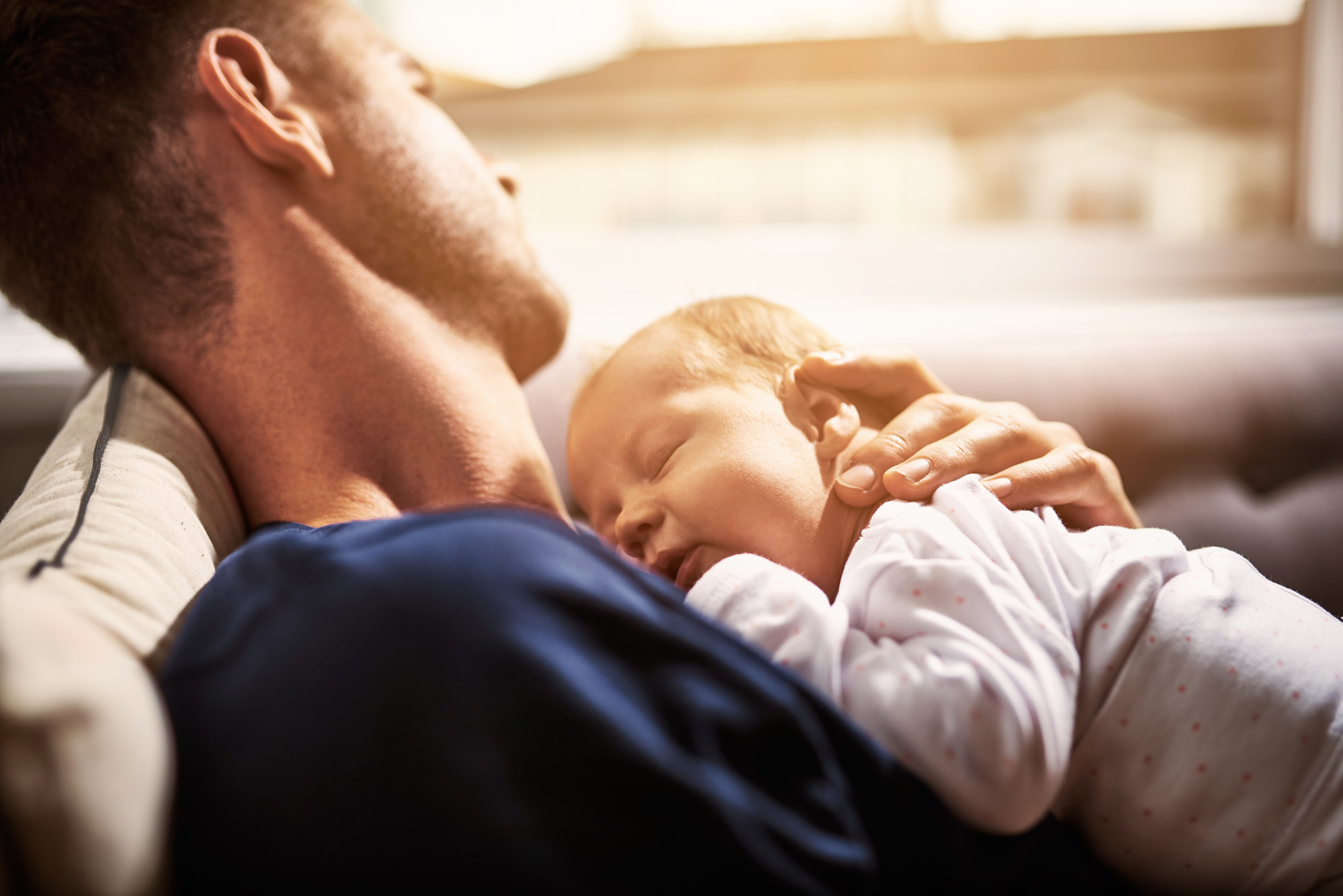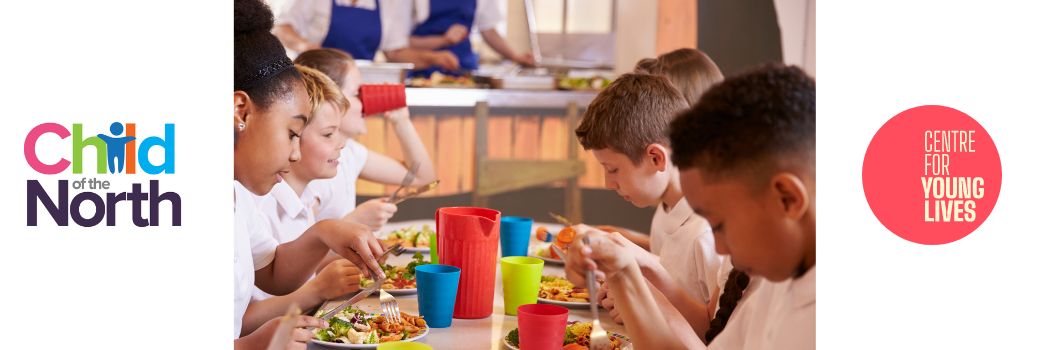The Youth Academy
The future of our children is influenced by multiple factors both within and outside of our control, but over quite a long timespan of (at least) 18 years and our enquiries in this academy challenge the prevailing view that our experiences as youths end as we reach adulthood.
To us, what happens in our youth has ramifications for the rest of our lives in terms of physical and mental health, education, economic and social status. Therefore, our understanding of youth health and wellbeing is critical to the health of our world now and in the future.
Our projects span this period in multiple ways:
 |
Researchers at the Durham Infancy and Sleep Centre study the sleep of infants and children to better understand the parameters of biologically normal sleep and infant sleep safety across diverse populations. |
|---|
They also study how biological / evolutionary perspectives intersect with clinical, epidemiological and cultural views of normal sleep for babies and children. Our research has been used to inform policy and practice on infant sleep around the world, and we actively engage in research translation and public engagement via the Baby Sleep Information Source.
 |
In CRiVA, research looks at the way that gendered expectations and demands on young people link in with social problems such as image based sexual abuse and sex education in schools. |
|---|
To see examples of this work look at the work of Dr Fiona Vera-Gray who advised the Department for Education in the development of the new RSHE curriculum, Alishya Dhir who is researching the main challenges around policing online sexual images of teenagers. Also in CRiVA, is a project led by Dr Hannah Bows looking at sexual violence at music festivals funded by the British Academy.
Gender based norms, such as ‘boys don’t cry’ and ‘boys are strong’ are very prevalent in almost all parts of society. They have an important role in shaping the roles that people have in adulthood, for example in terms of the job opportunities and in terms of parenting. Dr Stephen Burrell, Professor Nicole Westmarland and Sandy Ruxton have been funded to develop a research report and toolkit about the impacts of masculine gender norms which are available here - including an ‘A-Z of changing gender norms’ poster.
In his current piece of work, funded by the Leverhulme Trust, Dr Burrell is looking at how men and boys can play a role in building more caring relationships with the environment, with a concern around the connections between the climate crisis and masculine violence.
Child of the North

Child of the North is a joint collaboration between the N8 and Health Equity North, which forms part of the Northern Health Science Alliance. By acting together and with other regional partners, our aim is to create as a new focal point for the harnessing of research evidence to achieve transformative impact for children living in the North and beyond. It will also seek to add value to the nationally and internationally significant initiatives and collaborations in this area that already exist within the region.
Building on these collective strengths will help us to gain better traction in addressing complex and deep-rooted issues affecting children. It will also help to champion the rich and distinctive features of a northern childhood.
Co-production of evidence and publications with children, practitioners and policy makers will be a core element of Child of the North. This will build on existing N8 strengths in engaging children and young people in participatory science, co-design and co-creation of research, and crowd-sourcing data collection. Visit our dedicated page to read all of the reports produced to date.


/prod01/prodbucket01/media/durham-university/research-/research-institutes/wolfson-research-institute/60056.jpg)
